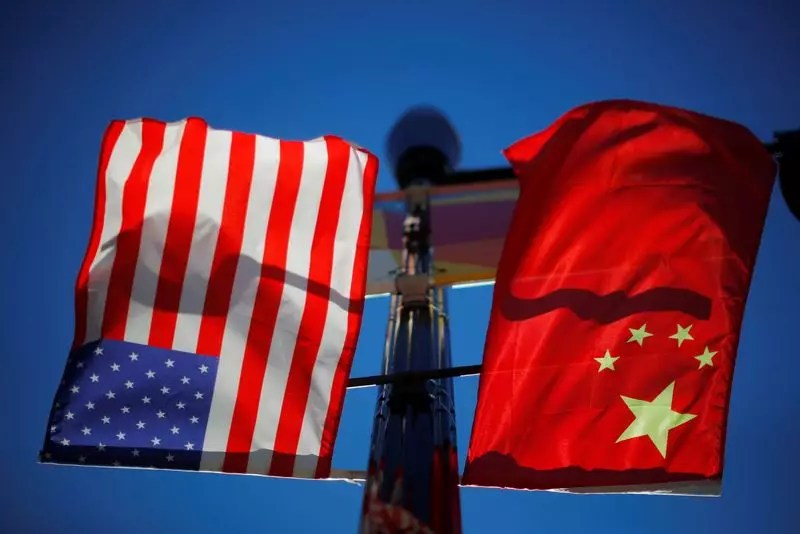In the ever-evolving landscape of international relations, the tension between the United States and China continues to escalate, prompting significant legislative responses from Washington. As Congress prepares to vote on critical legislation aimed at curbing U.S. investments in China, the implications of this bill stretch beyond economic interests and delve into the realm of national security. This article examines the motivations, strategies, and potential consequences of the U.S. government’s latest efforts to restrict investments in sectors that could jeopardize American security.
Scheduled for a vote in the immediate future, the new legislation seeks to build upon rules set forth by the U.S. Treasury, which are poised to come into effect on January 2. These rules specifically target investments in artificial intelligence and other technological sectors that pose a risk to U.S. national security. Lawmakers have articulated their intent to expand these restrictions through the new bill, which additionally includes mandates for studying national security risks associated with Chinese-made consumer routers and modems. Another focal point is a requirement for reviews regarding Chinese real estate acquisitions in the proximity of sensitive national security sites.
The bipartisan nature of the bill is underscored by statements from lawmakers such as Senator Bob Casey, who emphasizes the need for proactive measures against what he describes as an economic adversary. His remarks underscore the burgeoning perception of the Chinese Communist Party as a threat to American national security interests.
In stark contrast, the Chinese government’s response has been to characterize these legislative measures as barriers to constructive economic relationships. The Chinese foreign ministry, through spokesperson Lin Jian, has called for a halt to what it deems as politicization of economic issues. Lin argues that such actions undermine the stability of global supply and industrial chains, ultimately harming both nations’ interests. This highlights the complexity of the U.S.-China relationship, where economic cooperation is often overshadowed by national security concerns.
As Washington intensifies its scrutiny of Chinese products, the ramifications for global trade could be profound. In addition to the impending legislation, other federal initiatives are in the pipeline, such as a defense bill prohibiting specific Chinese drone manufacturers from entering the U.S. market and potential restrictions on Chinese automakers. The momentum towards restricting Chinese technology is gaining traction, which raises questions about the future of economic exchanges between the two powers.
Critics of the current trend warn that isolating China’s economy may not only stifle competition but could also lead to retaliatory actions that would further fray the fabric of global trade relations. The fear of a more fragmented economic landscape looms large, reminiscent of the Cold War era’s stringent divisions.
At the heart of this legislative initiative is the overarching concern regarding U.S. investments bolstering the capabilities of the Chinese military. Lawmakers have taken aim at American index providers that direct substantial capital towards Chinese enterprises involved in military advancements. In doing so, they assert the necessity of stringent oversight to ensure that U.S. consumers are not unwittingly financing adversarial technologies.
The bill’s provisions for the Federal Communications Commission (FCC) to publish a comprehensive list of foreign entities with ties to adversarial governments exemplify the shift towards enhanced transparency and risk assessment. This initiative is aimed at ensuring that American telecommunications and tech industries are shielded from foreign malfeasance.
As the U.S. Congress gears up to finalize this crucial piece of legislation, it stands at the intersection of economic strategy and national security concerns. The proactive steps taken by lawmakers reflect a broader shift in U.S. foreign policy that prioritizes national interests in the face of perceived threats from rival powers. The ongoing dynamic with China prompts a reevaluation of economic dependencies and risks, paving the way for a new era of vigilance in economic affairs. The outcome of these legislative efforts will undoubtedly shape the future of U.S.-China relations, as well as the global economy, for years to come.


Leave a Reply